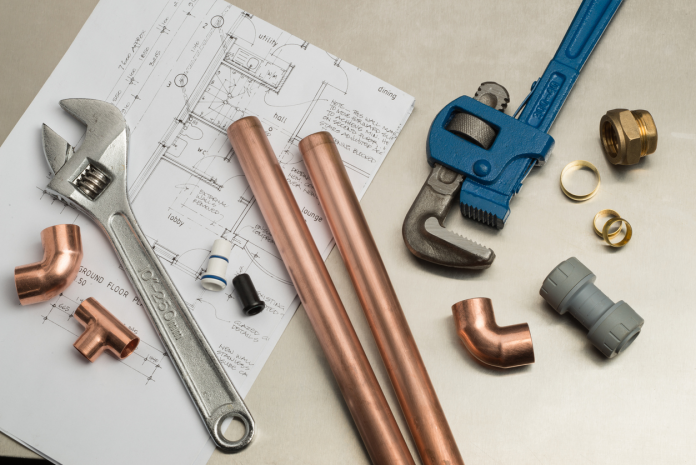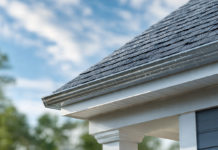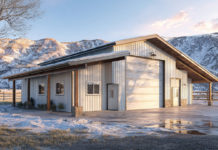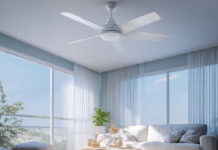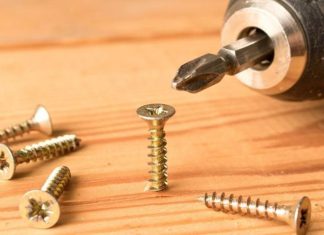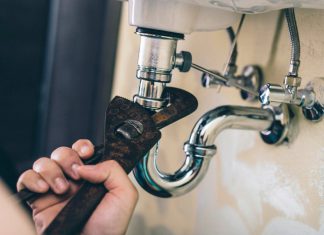One of the most outstanding personal achievements is becoming a homeowner. It’s a rewarding experience knowing you are no longer paying rent or putting up with tenant restrictions. However, most homeowners get stumped with unexpected repairs and maintenance needs around their houses. Issues like leaking pipes, dripping taps, and blocked drains can be stressful.
Thankfully, you can alleviate the stress by hiring specialists like JJ’s Plumbing to fix such problems. However, as a homeowner, you should still take a proactive role in understanding every aspect of your home. This will keep you on the front foot when repair and maintenance issues arise. With that said, this article seeks to enlighten you about an important aspect of your house: plumbing and drainage. So read on and learn about these services and their differences.
What is Plumbing?
Plumbing refers to the water system in your home. This includes tanks, pipes, and fittings that supply water. In other words, plumbing is the water coming into your house or any other building.
Apart from having water pipes bringing in water, houses have drainage pipes too. Maybe you are wondering how you tell the difference when you spot a leak. Well, it’s easy to tell. If the leak is spraying out water at high pressure, know that it is a plumbing pipe. Besides, the water should be clean since it comes directly from the supplier.
Leaks are not the only plumbing issues around. Sometimes, you can experience water coming out in low pressure. This problem often results from poorly maintained pipes. Mold is also another plumbing problem that develops because of heavy leaking, especially in walls. As a result, the house becomes damp, which creates an environment for mold to thrive.
What is Drainage?
A drainage system takes wastewater from homes. These drainage pipes transfer waste to sewers or septic tanks. In simple terms, drainage is all about taking water out.
How do you identify drainage pipes? Well, these pipes are always installed in an angled downward position to enhance the gravity effect. This gravity effect helps drain wastewater from homes to the sewage system or septic tank.
Similar to plumbing pipes, drainage can also cause mold. Mostly this happens due to leaks and water pools that result from poor draining. Plus, pungent indicators signal drainage issues.
Drainage faults or leaks are the easiest to locate because of the awful smell, which comes from the waste they carry. Issues like water taking longer to drain from the sinks, overflowing toilets or water level rising after flushing are part of drainage problems. But even though plumbers often fix drainage problems, they can still run to problems in specialised drainage (what happens outside your property).
With all the information shared above, it’s time to be proactive. You don’t have to put up with foul smells or annoying water leaks anymore! Reach out to a professional plumbing company and let them deal with plumbing and drainage emergencies as soon as it occurs,
